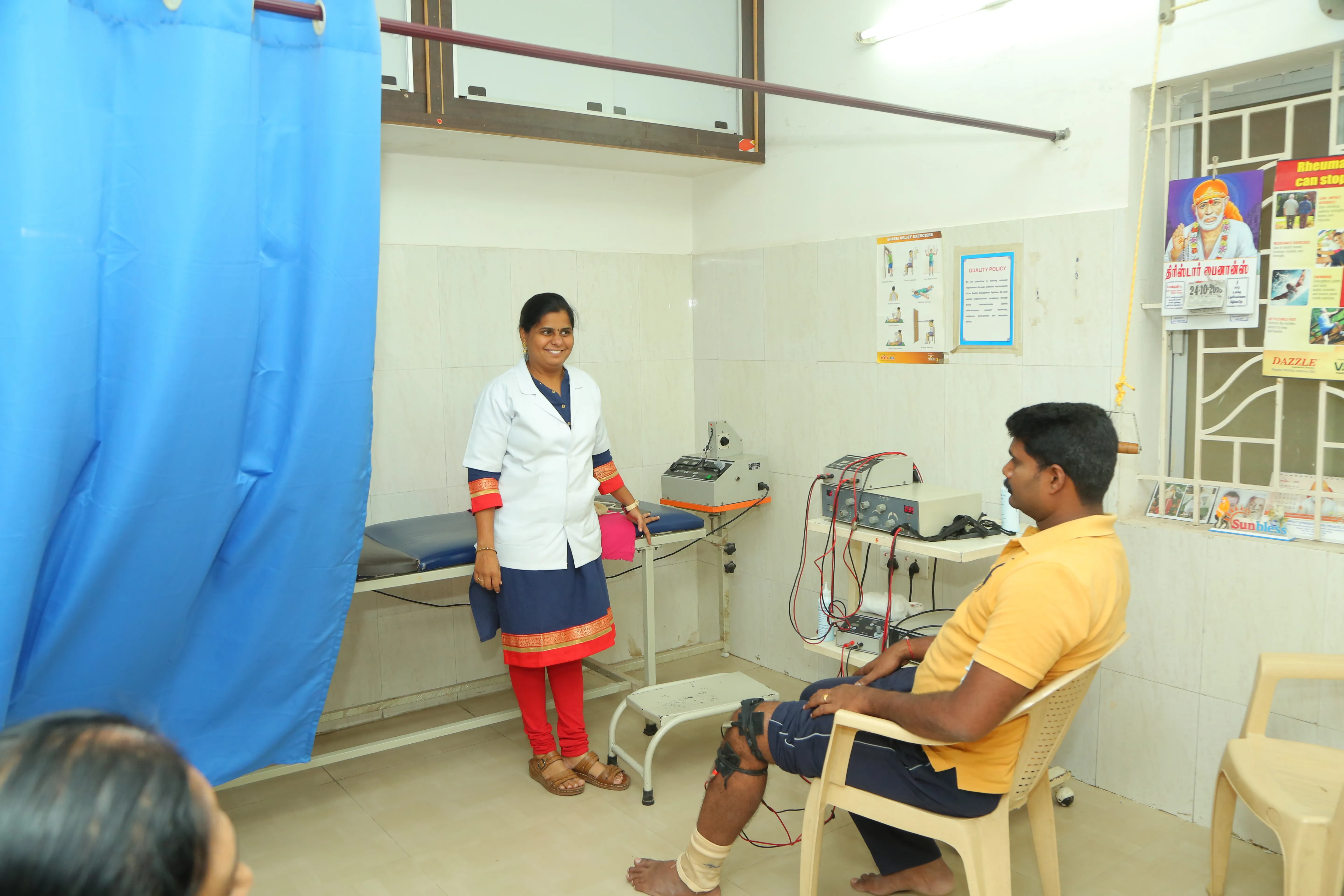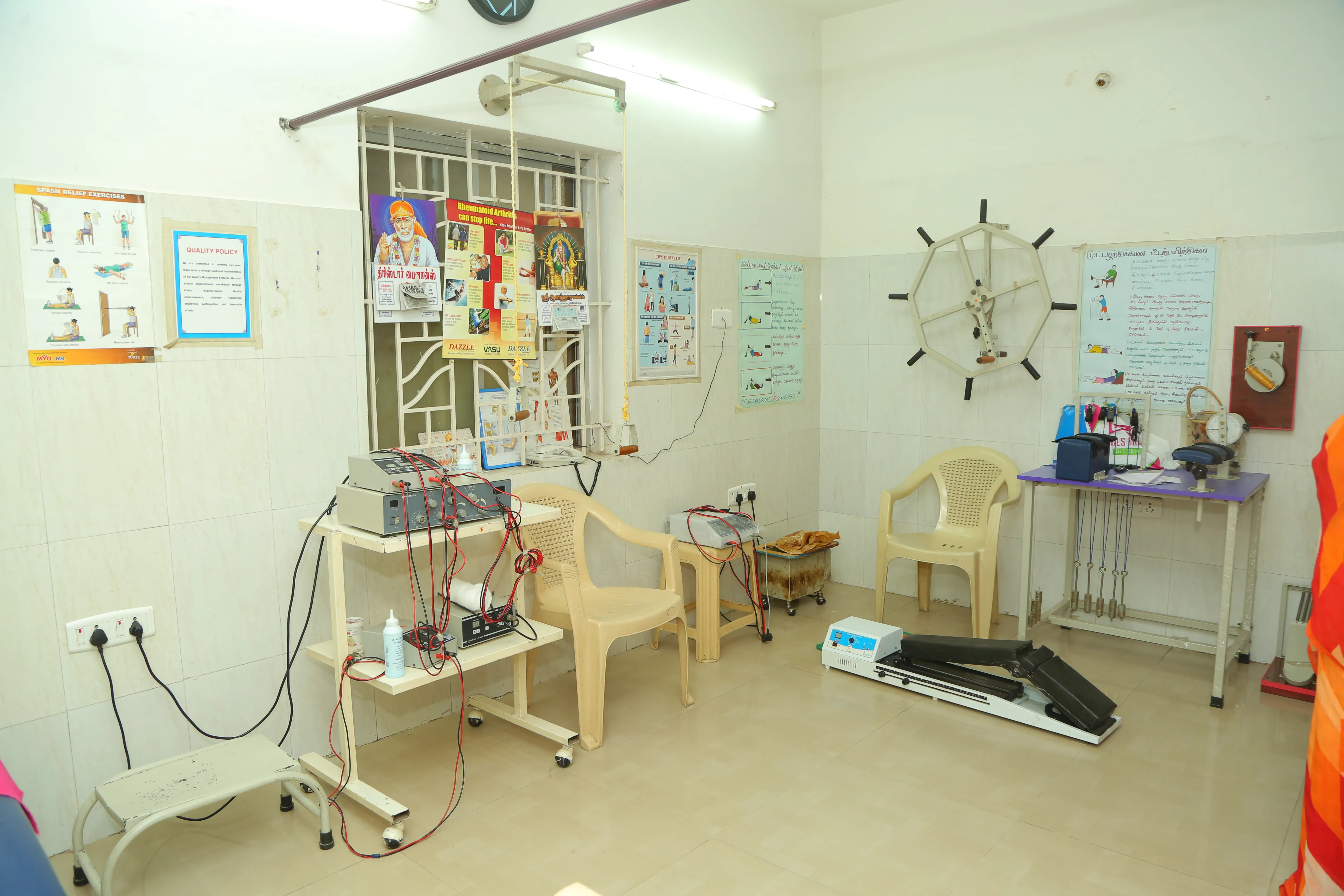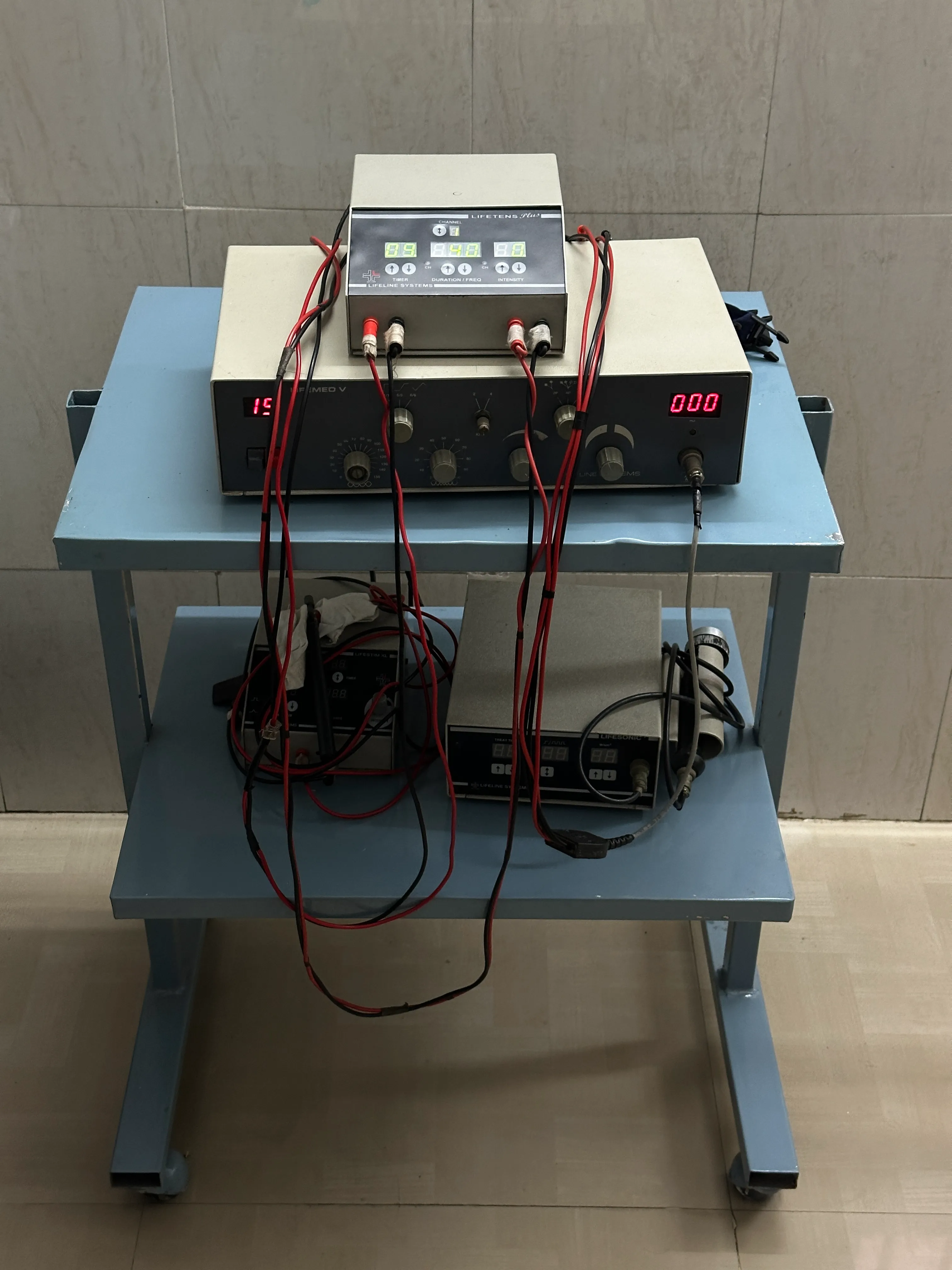Therapies
Manual Therapy:
techniques to mobilise joints and soft tissues.
Exercise Therapy:
Tailored exercises to strengthen muscles and improve flexibility.
Electrotherapy:
Use of electrical energy to reduce pain and promote healing.
Heat and Cold Therapy:
Application of heat or cold to reduce inflammation and pain.
Education and Advice:
Guidance on posture, ergonomics, and lifestyle changes to support recovery and prevent future issues.





